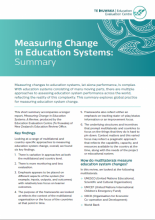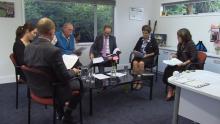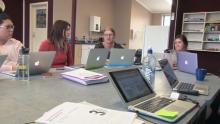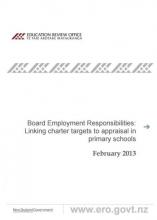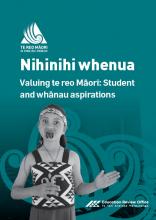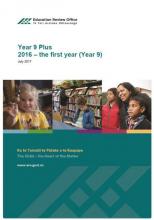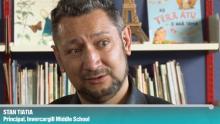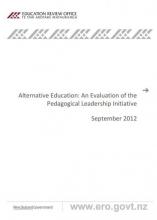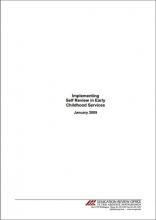Measuring Change in Education Systems – Summary
Measuring changes to education systems, let alone performance, is complex. With education systems consisting of many moving parts, there are multiple approaches to assessing education system performance across the world, reflecting the reality of this complexity. This summary explores global practice for measuring education system change.
